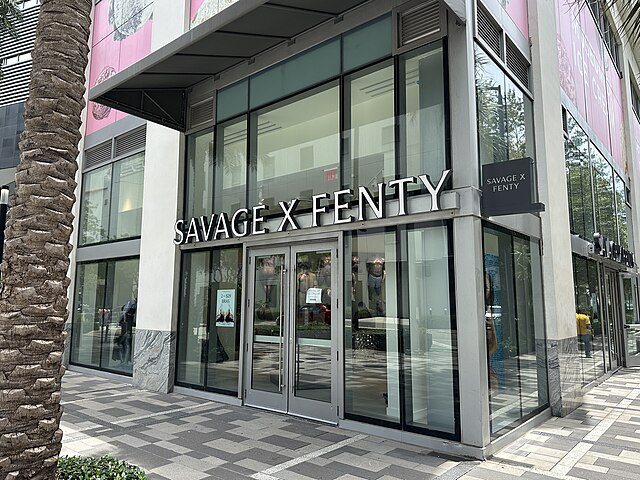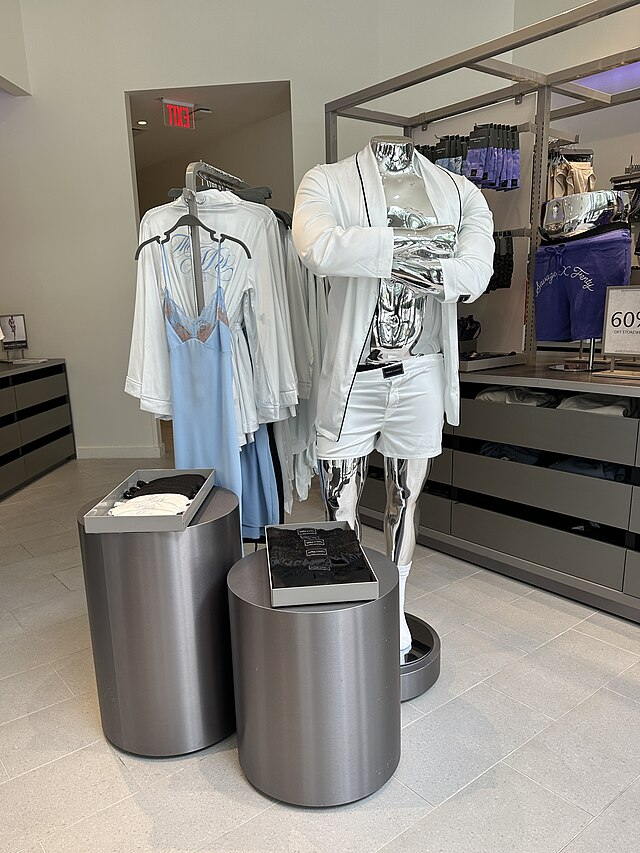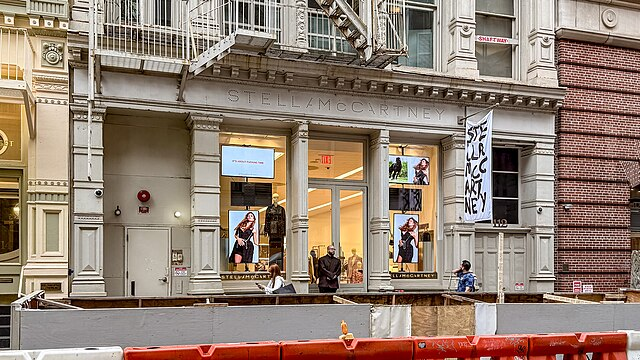
In today’s fashion landscape, women-owned clothing brands are making waves with their unique designs, ethical practices, and unwavering commitment to empowering women. These brands are not just about selling clothes, they embody a movement that celebrates creativity, individuality, and the power of women supporting women. From luxury to streetwear, from sustainable fashion to inclusive sizing, women-owned clothing brands are reshaping the industry with fresh perspectives and innovative approaches.
This blog post highlights some of the key reasons why women-owned clothing brands are gaining so much traction and why supporting them is more important than ever.
The fashion industry has historically been dominated by men, especially in higher echelons of design and retail. However, the past few decades have seen a surge of women entrepreneurs breaking through and creating clothing brands that resonate with a wide range of consumers. According to recent statistics, the number of women-owned businesses in fashion has grown significantly, with more women pursuing their entrepreneurial dreams in the apparel sector.
Whether it’s through creating their own lines or curating ethical, inclusive, and forward-thinking brands, women have proven themselves as innovators in the industry. These brands reflect their values, experiences, and dreams, resulting in products that are more connected to their audiences and carry a deeper sense of purpose.
One of the key elements of women-owned clothing brands is empowerment, both for the designers and the customers. Many of these brands have a mission beyond just selling clothes. They are committed to creating spaces where women feel confident, beautiful, and unapologetically themselves.
For example, brands like Savage X Fenty by Rihanna, and Cuyana, focus not just on creating beautiful clothing but also on promoting body positivity, diversity, and self-expression. Savage X Fenty has revolutionized the lingerie market by offering a range of sizes, ensuring that women of all shapes and backgrounds feel seen and appreciated. This move toward inclusivity resonates with women who have long felt underrepresented in the fashion industry.

Similarly, Cuyana focuses on the concept of “fewer, better things” and promotes timeless designs with a focus on sustainability. Their message is clear: buy with purpose and invest in pieces that last. Their approach is empowering women to be more mindful of their purchases and to embrace quality over quantity.
By supporting women-owned brands, customers are investing in more than just a product, they are aligning with a movement that challenges traditional norms and prioritizes values like equality, inclusion, and empowerment.
Another significant trend within women-owned clothing brands is their emphasis on sustainability and ethical practices. Many of these brands are at the forefront of the movement toward more environmentally conscious fashion, creating collections using sustainable fabrics, reducing waste, and ensuring fair wages for workers.
Brands like Reformation and Stella McCartney have long been advocates for sustainable fashion. Reformation combines stylish and chic designs with a commitment to sustainable materials and practices, while Stella McCartney has been pioneering in using innovative, eco-friendly textiles for her collections. These brands prove that fashion doesn’t have to come at the expense of the environment.
On the ethical side, brands like Thinx, specialize in menstrual products and sustainable underwear that support women’s health while being mindful of the planet. By embracing ethical manufacturing processes and maintaining transparency about their production practices, women-owned brands are redefining how fashion can align with social responsibility.
Supporting these brands means investing in a future where fashion has a smaller carbon footprint and is kinder to workers, the environment, and consumers.

Women-owned clothing brands are also leading the charge in promoting diversity and representation, particularly in terms of race, size, and gender. Many of these brands are driven by a desire to create clothing that caters to a broader range of women, embracing the full spectrum of beauty.
Take, for instance, TomboyX – a brand that focuses on creating inclusive, gender-neutral clothing that allows individuals of all gender identities to express themselves authentically. Similarly, Good American, co-founded by Khloé Kardashian, is known for offering a wide range of sizes and celebrating body diversity. Their mission is to redefine the way we think about fit, offering products that cater to women of all shapes and sizes, promoting body positivity at every step.
These brands are addressing the need for greater inclusivity and representation in the fashion industry. The commitment to serving a diverse clientele has reshaped the narrative, encouraging other brands to follow suit. Women-owned brands are not just about celebrating the feminine form but recognizing that femininity can come in many different shapes, sizes, and colors.
One of the standout features of women-owned clothing brands is their ability to blend creativity with innovation. Many women designers have brought a fresh perspective to the fashion industry, infusing their pieces with unique styles, patterns, and details that reflect their personal experiences.
Brands like Telfar by Telfar Clemens have gained cult status due to their minimalist yet bold designs and the ability to break traditional norms. Telfar’s unisex designs focus on accessibility and inclusivity, with the famous "Shopping Bag" becoming a symbol of anti-elitist fashion.
In addition, women-owned brands often offer customizable or personalized pieces that allow customers to be part of the creative process. This unique level of engagement not only supports independent designers but allows consumers to express themselves through their clothing.
Supporting women-owned clothing brands is about more than just buying clothes, it’s about investing in businesses that are changing the industry for the better. Women entrepreneurs are pushing boundaries, making strides toward equality, and creating products that align with their values.
By supporting these brands, consumers are helping to level the playing field in an industry historically dominated by men, encouraging a future where women have more control over the businesses they run and the messages they send. Moreover, it helps promote sustainability, ethical practices, and inclusivity in fashion, ensuring that the future of fashion is one that benefits everyone, from the designers to the consumers and beyond.
Women-owned clothing brands are not just a trend, they represent a shift in the fashion industry that’s long overdue. With a focus on empowerment, sustainability, diversity, and innovation, these brands are shaping the future of fashion in ways that are both meaningful and impactful. When you support a women-owned clothing brand, you’re not only making a conscious decision about what you wear but also participating in a broader movement that celebrates women’s voices, creativity, and entrepreneurship. The future of fashion is female, and it’s looking brighter than ever.
So, next time you’re shopping for your wardrobe, consider supporting women-owned clothing brands. You’ll not only be investing in quality and style, but you’ll also be contributing to a larger movement that’s transforming the industry, one piece of clothing at a time.
Want more women-owned places to check out? Check out our list of women-owned tattoo shops and women-owned restaurants!